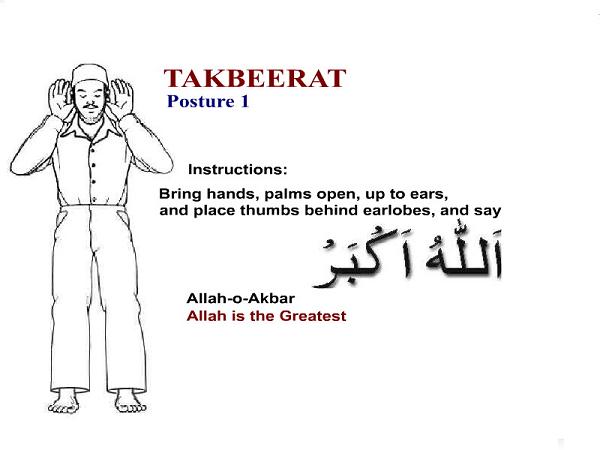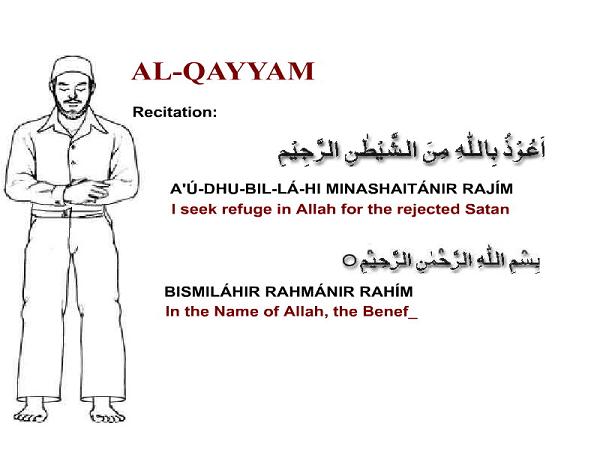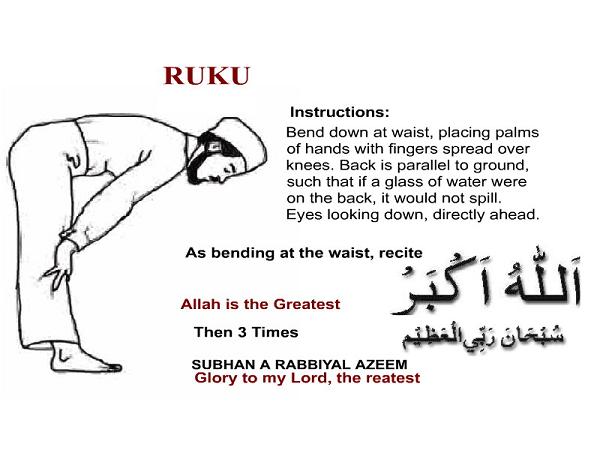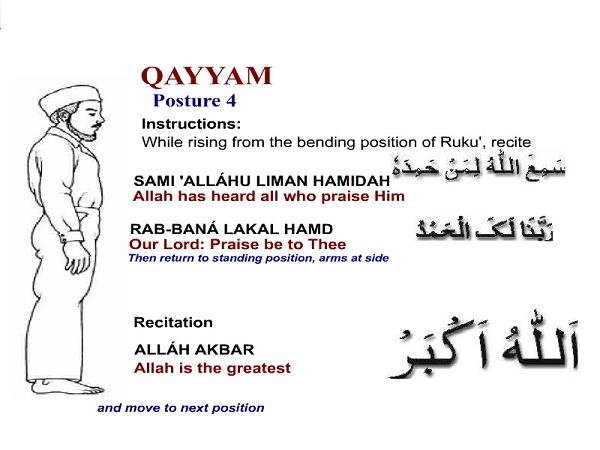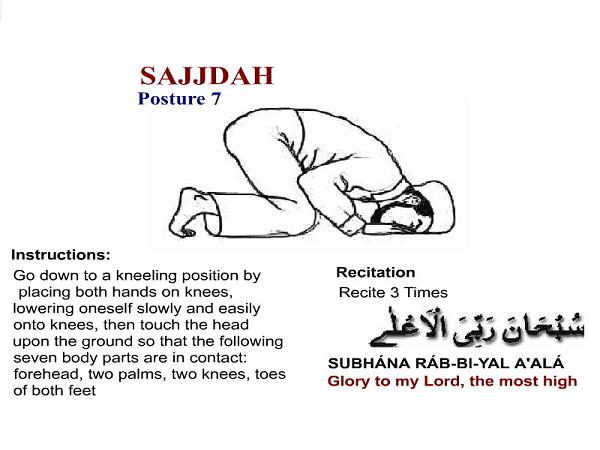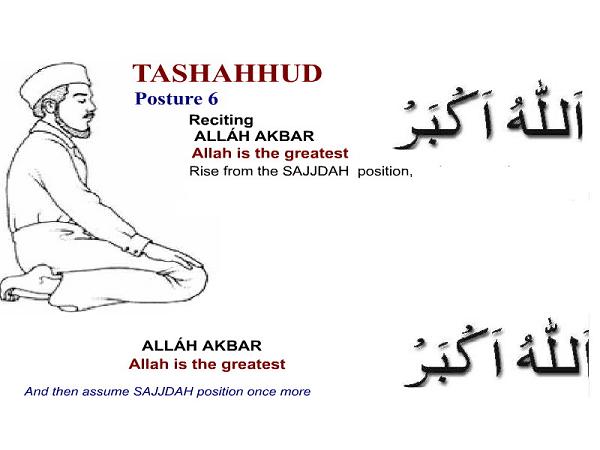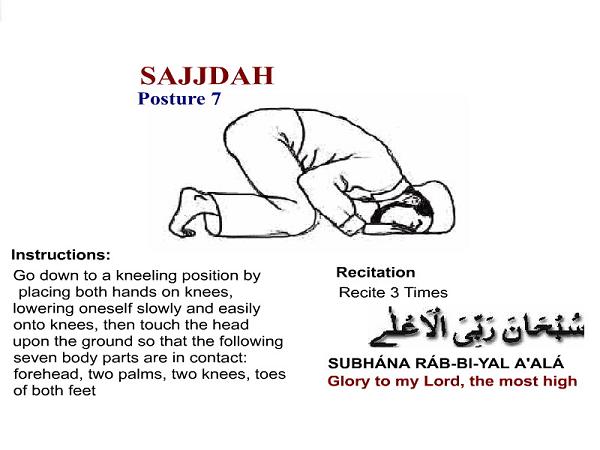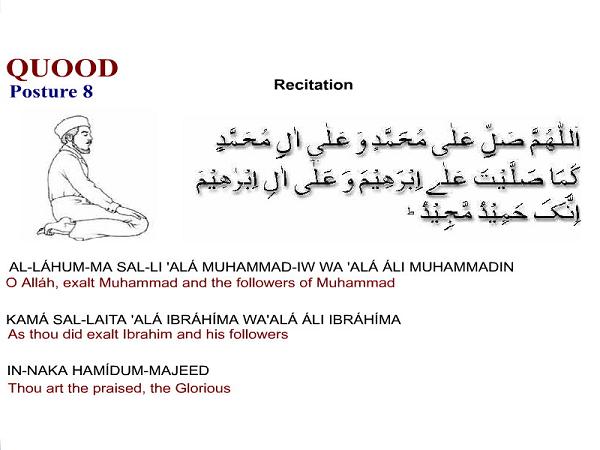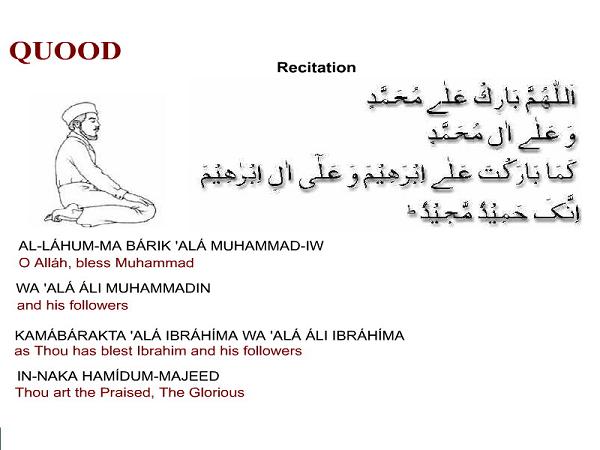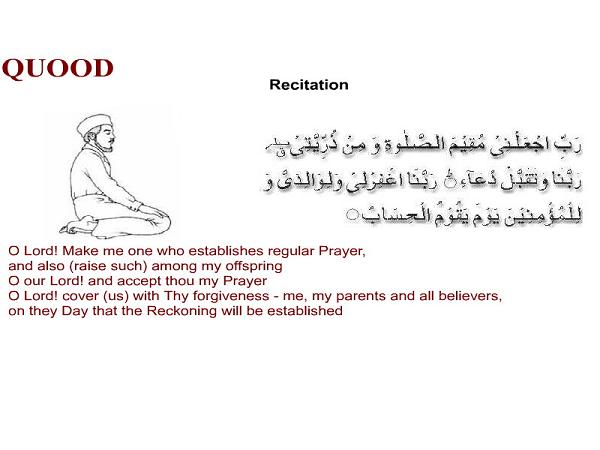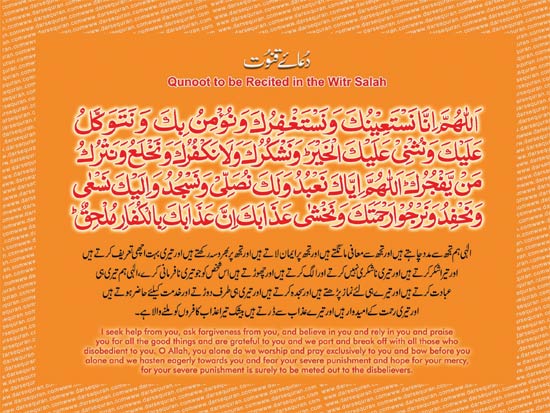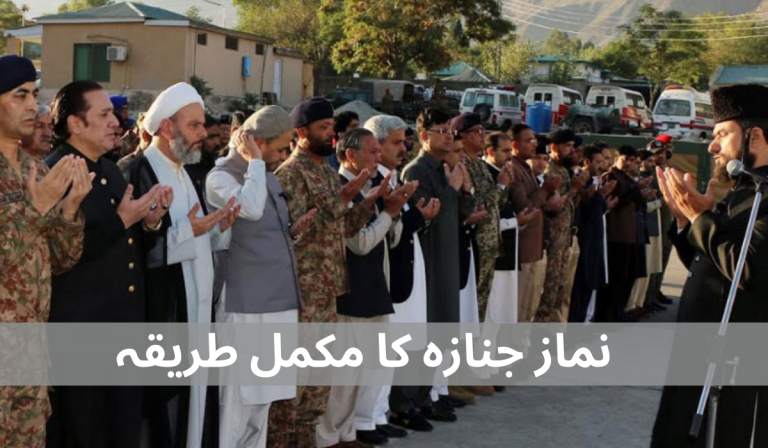Learn Namaz And Read Namaz Online
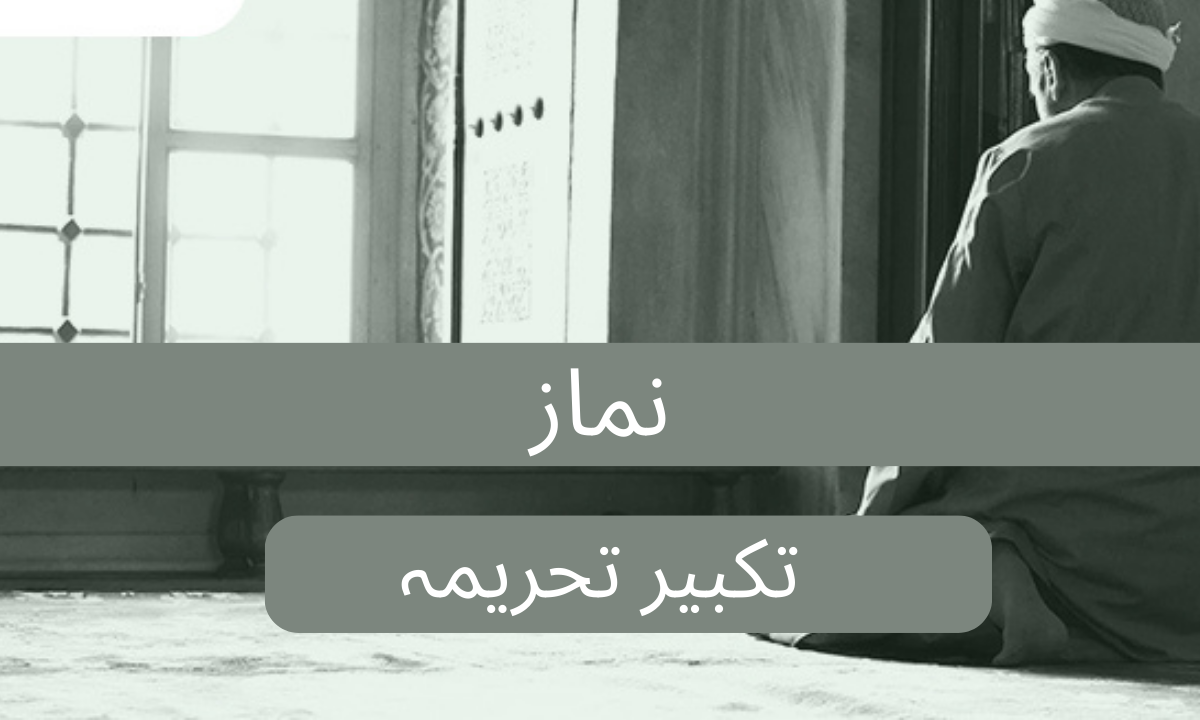
Learn Namaz And Read Namaz Online Namaz, also known as Salah, is a fundamental pillar of Islamic worship and spiritual practice. It is a sacred ritual that holds immense significance in the lives of Muslims around the world. Namaz is not merely a set of physical movements and recitations; it is a profound act of submission and devotion to Allah, the one true God in Islam. check namaz full guide
Learn Namaz And Read Namaz Online
The practice of Namaz involves a series of prescribed movements and supplications performed at specific times throughout the day and night. These daily prayers serve as a constant reminder of one’s faith and commitment to Allah. They create a sense of discipline and mindfulness, allowing individuals to detach from worldly concerns and focus on their spiritual connection.
Namaz is not limited to the act of prayer itself; it encompasses an entire way of life. It encourages humility, sincerity, and self-reflection. The act of standing, bowing, and prostrating during Namaz symbolizes the submission of the individual to the divine will. It is a moment of deep connection with Allah, where one seeks forgiveness, guidance, and blessings.
Moreover, Namaz fosters a sense of unity among Muslims worldwide. Regardless of language, culture, or nationality, Muslims perform the same rituals in their prayers. This shared practice reinforces the sense of belonging to a global Muslim community known as the Ummah.
What Is Namaz
Namaz, also known as Salah, is the Islamic practice of ritual prayer. It is one of the Five Pillars of Islam, which are the fundamental acts of worship and practice that every adult Muslim is required to follow. Namaz holds a central place in the lives of Muslims and serves as a means of connecting with Allah (God) through specific physical movements, recitations, and supplications.
Here’s a Brief Overview
mes throughout the day and night. There are five daily obligatory prayers: Fajr (pre-dawn), Dhuhr (midday), Asr (afternoon), Maghrib (just after sunset), and Isha (night). These prayers are based on the position of the sun and the natural cycles of the day.
Rak’ahs
Each Namaz consists of a specific number of units known as “rak’ahs.” The number of rak’ahs varies for each prayer. For example, Dhuhr has four rak’ahs, while Fajr has two rak’ahs.
Physical Movements
During Namaz, Muslims perform a series of physical movements, including standing, bowing (ruku), prostrating (sujood), and sitting. These movements are accompanied by specific recitations from the Quran and other supplications.
Recitations
Muslims recite verses from the Quran during Namaz, including Surah Al-Fatiha (the opening chapter of the Quran) and other verses from different parts of the Quran. These recitations are meant to praise Allah and seek His guidance.
Intent and Focus
Intention (niyyah) is crucial in Namaz. Before beginning the prayer, Muslims must have a sincere intention in their hearts to worship Allah. During Namaz, it’s essential to maintain focus and avoid distractions, allowing the worshipper to fully engage with the spiritual aspect of the prayer.
Direction (Qibla)
Muslims pray in the direction of the Kaaba in Mecca, Saudi Arabia. This direction is known as the Qibla, and it symbolizes the unity and universality of the Muslim community.
Personal Supplication
In addition to the prescribed prayers, Muslims are encouraged to offer personal supplications (dua) during Namaz, where they can ask Allah for guidance, forgiveness, and blessings.
Namaz is a fundamental aspect of Islamic faith and practice, serving as a means of spiritual connection, self-discipline, and devotion for Muslims. It is a daily reminder of their faith and a way to seek Allah’s guidance and blessings in their lives.
learn namaz

Benefits of namaz
Namaz, or Salah, holds numerous benefits for individuals who practice it regularly, both on a spiritual and psychological level. Here are some of the key benefits of Namaz:
Spiritual Connection
Namaz is a direct means of communication with Allah (God) in Islam. It allows individuals to strengthen their relationship with the divine, seek His guidance, and find solace in times of difficulty. It serves as a constant reminder of the importance of faith in a Muslim’s life.
Discipline
The daily practice of Namaz instills discipline in a person’s life. The fixed prayer times require adhering to a structured routine, promoting punctuality, time management, and a sense of responsibility.
Mindfulness
Namaz encourages mindfulness and concentration. During the prayer, individuals are required to focus solely on their connection with Allah, blocking out worldly distractions. This mindfulness promotes mental peace and reduces stress.
Physical Benefits
The physical movements involved in Namaz, such as standing, bowing, and prostrating, can have positive effects on physical health. They promote flexibility, balance, and physical fitness. Regular prayer can also help relieve muscle tension and improve posture.
Moral and Ethical Growth
Namaz emphasizes virtuous qualities such as humility, gratitude, and patience. By consistently practicing these virtues in prayer, individuals are more likely to apply them in their daily lives, leading to personal growth and improved character.
Community Bond
Praying in congregation (especially for the Friday noon prayer, Jumu’ah) fosters a sense of community and unity among Muslims. It strengthens social bonds and encourages solidarity within the Muslim community (Ummah).
Stress Reduction
Engaging in Namaz can have a calming effect on the mind. The act of prayer allows individuals to release stress and anxiety, providing a moment of peace and emotional balance in the midst of life’s challenges.
Self-Reflection
Namaz encourages self-reflection and self-awareness. The moments of quiet contemplation during prayer can lead to a deeper understanding of one’s purpose in life and personal goals.
Forgiveness and Repentance
Namaz includes moments of seeking forgiveness from Allah for one’s sins. This practice can lead to a sense of spiritual purification and renewal, providing a fresh start for individuals seeking to improve themselves.
Routine and Consistency
By performing Namaz at specific times throughout the day, individuals establish a consistent routine. This regularity can help structure their day, enhance time management skills, and create a sense of stability in their lives.
It’s important to note that the benefits of Namaz are not limited to the physical or material realm; they extend to the spiritual and emotional well-being of individuals. For practicing Muslims, Namaz is a profound source of guidance, inner peace, and spiritual growth.
Conclusion
Namaz, or Salah, is a cornerstone of Islamic practice with profound benefits. It fosters a strong spiritual connection, promotes discipline, mindfulness, and moral growth. Engaging in Namaz offers physical and mental health benefits, reduces stress, and strengthens community bonds. Moreover, it encourages self-reflection, forgiveness, and consistency in daily life. These multifaceted advantages make Namaz an essential and transformative aspect of a Muslim’s journey, enriching their spiritual and holistic well-being.
